
People of Ma Quai Thang village (Hong Thu commune) harvest tea.
After the merger, Hong Thu commune has a natural area of over 11,000 hectares with more than 6,000 people, the economic life mainly depends on agricultural production. The commune currently has more than 589 hectares of tea, hundreds of hectares of cassava and many kinds of food crops and flowers; the total output of grain food reaches about 7,000 tons/year. However, the advantage of large land and rich crop potential has not been fully exploited due to inadequate transport infrastructure.
Although 100% of the villages have convenient motorbike roads, the rate of dirt roads is still high, many routes are degraded and muddy in the rainy season, making it difficult to transport goods to the market. This reality not only causes agricultural products to have "stuck" output and reduce their value, but also limits the ability to bring machinery, materials, and scientific and technical advances into production, affecting the process of shifting the economic structure towards goods in the commune.

The high-quality tea growing area of Hong Thu commune is located on high mountains, the traffic infrastructure is not guaranteed so the harvesting and transportation process is difficult.
Realizing the important role of transportation, in recent years, Hong Thu commune has prioritized many resources for infrastructure investment. During the 2020-2025 term, the commune has implemented 22 projects with a total capital of over 11.2 billion VND, focusing on rural traffic works, electricity, schools, and cultural houses. Thanks to that, up to now, 100% of the commune's villages have motorbike roads, but a higher goal has been set for the 2025-2030 term: striving for 95% of the commune's roads to be hardened, gradually expanding inter-regional routes connecting the commune center with National Highway 12, Nam Tam - Lai Chau route and Provincial Road 128. This is a strategic orientation to help Hong Thu commune's localities integrate into the general transportation network, creating momentum for commodity economic development, especially tea, cassava and fruit growing areas distributed in two sub-climatic zones.
Mr. Nguyen Cao Cuong - Secretary of the Party Committee of Hong Thu Commune said: "For a commune in a mountainous and remote area like Hong Thu, traffic infrastructure plays a very important role. If the traffic is smoothly connected, the agricultural products of the people can be brought to the market in time, and the economic value will increase. Therefore, during this term, the Party Committee of the commune has prioritized resources for infrastructure investment, in order to effectively exploit the potential strengths of the locality...".
It can be said that in a commune with an economic structure mainly based on agriculture like Hong Thu, convenient transportation is the first condition for the formation of concentrated commodity production areas. When roads are improved, the area of tea, cassava, fruit trees, etc. not only expands in scale but also has easy access to technology, machinery, fertilizers, and new varieties. Therefore, investing, upgrading and solidifying the rural traffic system is currently considered the "key" for Hong Thu to exploit land advantages, bringing key products from tea, cassava to fruit trees to participate in the commodity value chain, gradually creating competitiveness in the market, contributing to sustainable poverty reduction and new rural construction.
Mr. Nguyen Ba Dat - Deputy Head of the Economic Department of Hong Thu Commune said: "Ensuring transport infrastructure is a decisive factor for the locality to organize production in the direction of goods; only then can the commune re-plan the tea, cassava and fruit growing areas associated with stable consumption chains. Therefore, along with mobilizing resources for transport investment, the commune is focusing on calling on businesses and cooperatives to participate in linking, building brands, and expanding consumption markets for agricultural products...".
For the people of Hong Thu commune, the concern of the people is still the problem of difficult traffic routes. Trucks carrying tea and cassava have to go around for many hours to reach the main road; many times during the main harvest season, there is a prolonged rain, agricultural products are stagnant right in the fields, forcing prices down. Mr. Lo Van Xanh (a long-time tea grower in Ma Quai Thang village) shared that for many years his family has expanded the area but the products are difficult to sell, traders only buy in moderation due to concerns about transportation costs.
It can be affirmed that investing in developing transport infrastructure is not only to open the way, but also to "open the direction" of new development for mountainous localities with many difficulties. When transport is guaranteed, key agricultural products have the opportunity to become commodities, bringing practical economic value to the people. This is also the key for Hong Thu commune to gradually reduce poverty sustainably, focusing on building new rural areas.
Source: https://baolaichau.vn/xa-hoi/mo-loi-dua-nong-san-vung-cao-ra-thi-truong-617011


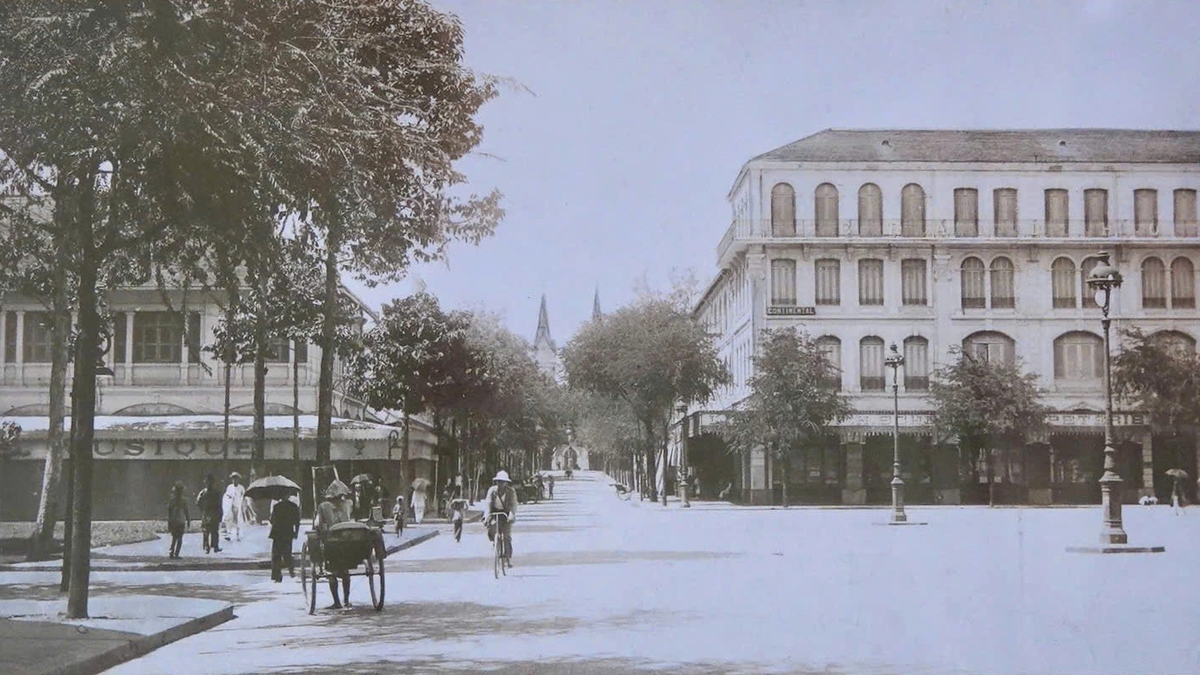
![[Photo] National Assembly Chairman Tran Thanh Man holds talks with Hungarian National Assembly Chairman Kover Laszlo](https://vphoto.vietnam.vn/thumb/1200x675/vietnam/resource/IMAGE/2025/10/20/1760952711347_ndo_br_bnd-1603-jpg.webp)
![[Photo] Solemn opening of the 10th Session, 15th National Assembly](https://vphoto.vietnam.vn/thumb/1200x675/vietnam/resource/IMAGE/2025/10/20/1760937111622_ndo_br_1-202-jpg.webp)
![[Photo] Chairman of the Hungarian Parliament visits President Ho Chi Minh's Mausoleum](https://vphoto.vietnam.vn/thumb/1200x675/vietnam/resource/IMAGE/2025/10/20/1760941009023_ndo_br_hungary-jpg.webp)
![[Photo] Prime Minister Pham Minh Chinh meets with Speaker of the Hungarian National Assembly Kover Laszlo](https://vphoto.vietnam.vn/thumb/1200x675/vietnam/resource/IMAGE/2025/10/20/1760970413415_dsc-8111-jpg.webp)

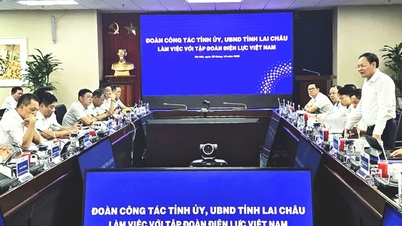
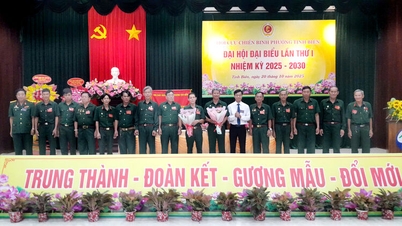

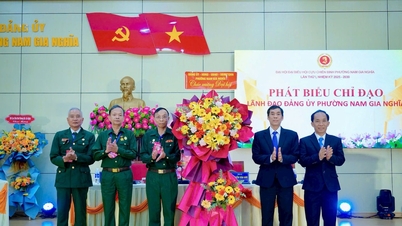

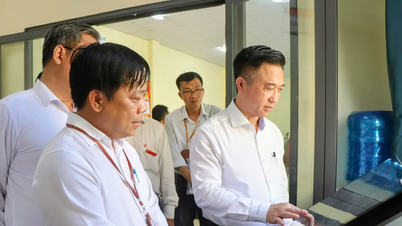

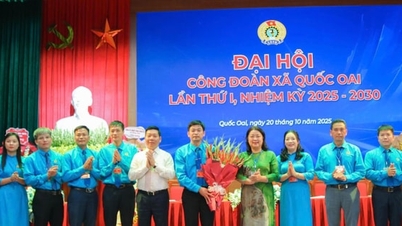

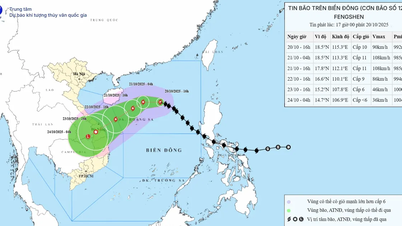




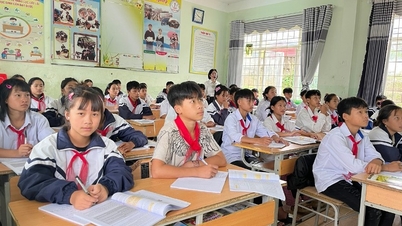
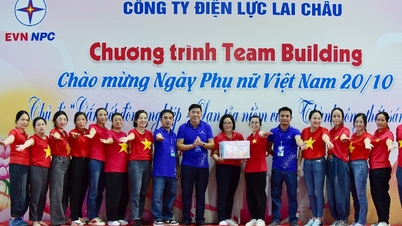
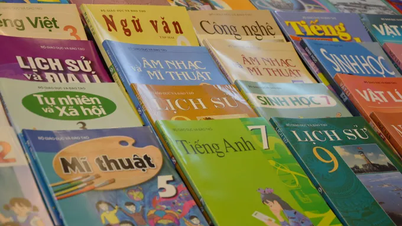
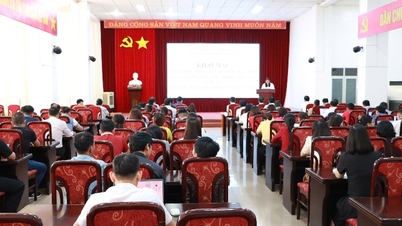
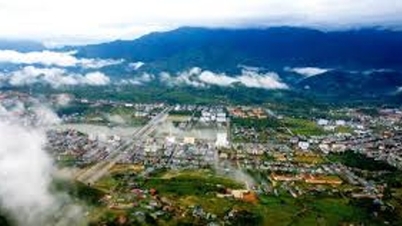
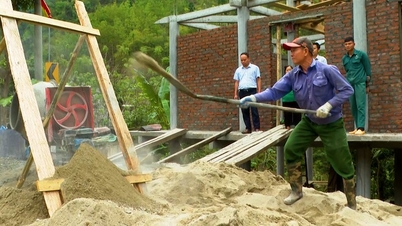
![[Photo] The Steering Committee of the 2025 Fall Fair checks the progress of the organization](https://vphoto.vietnam.vn/thumb/1200x675/vietnam/resource/IMAGE/2025/10/20/1760918203241_nam-5371-jpg.webp)


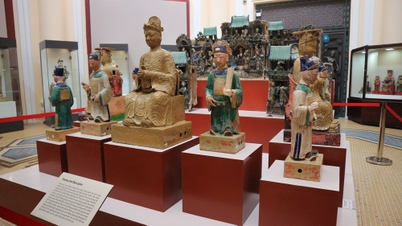
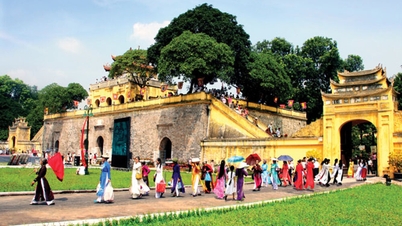
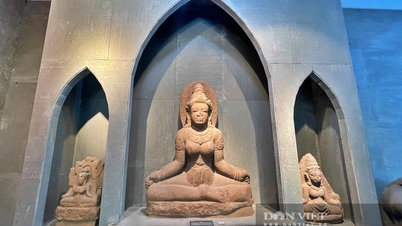

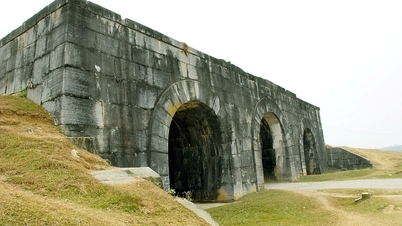
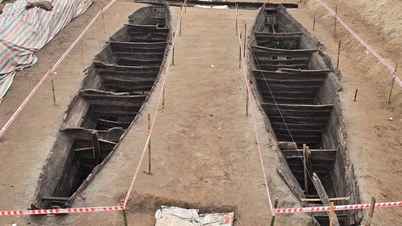

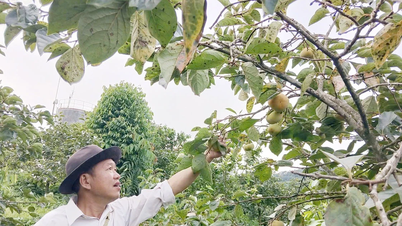





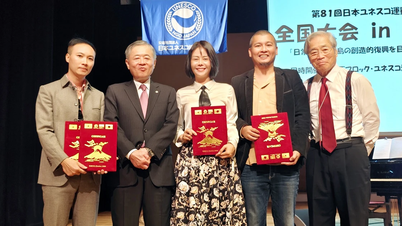



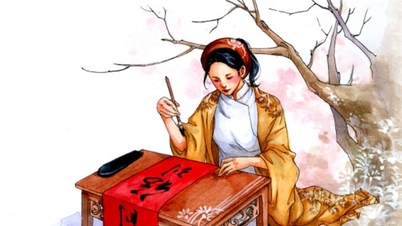


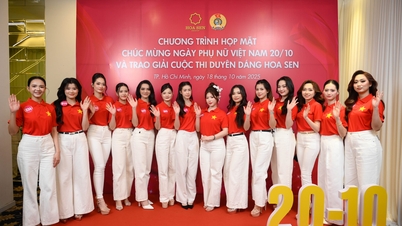

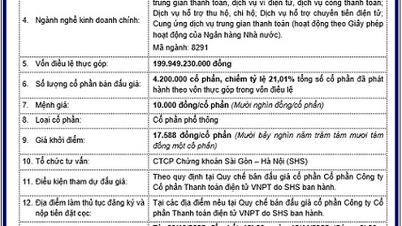
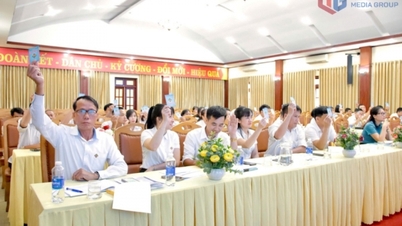

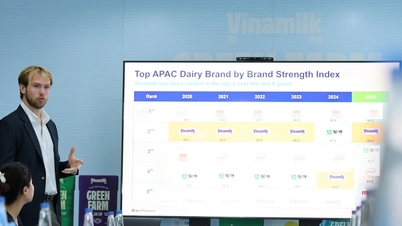

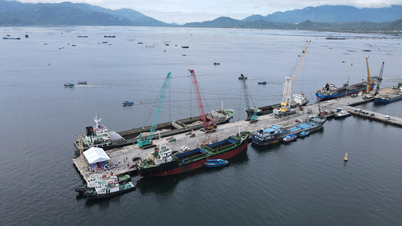








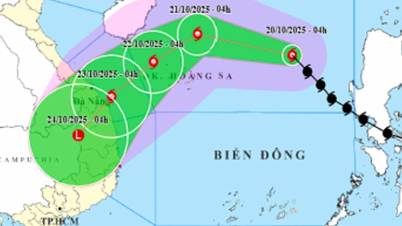

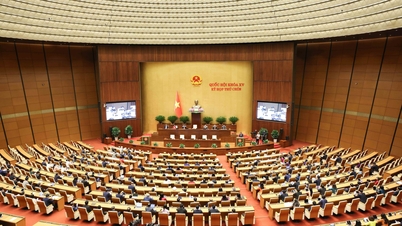

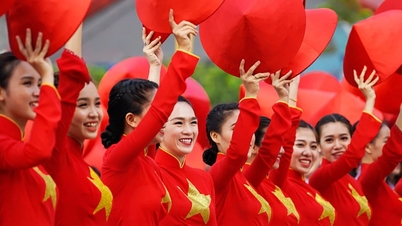

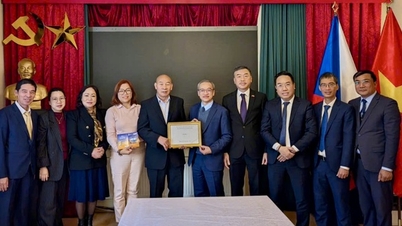

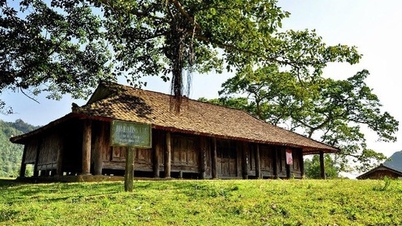
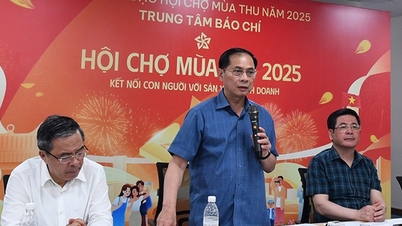
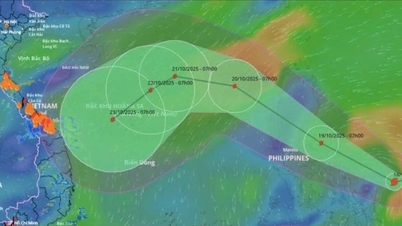

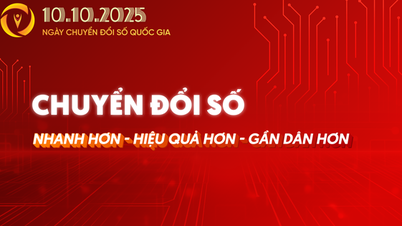

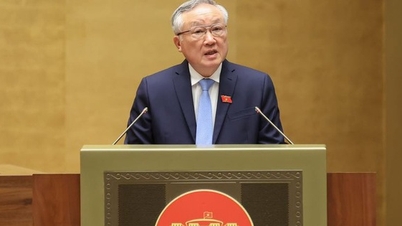
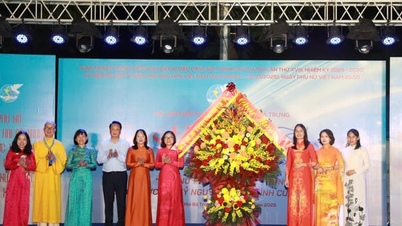


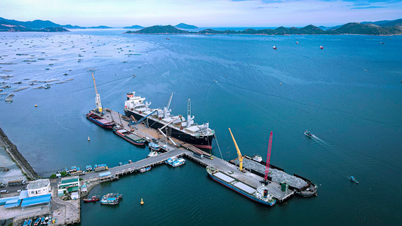
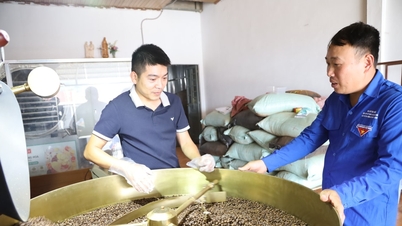
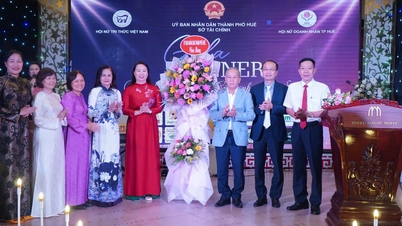

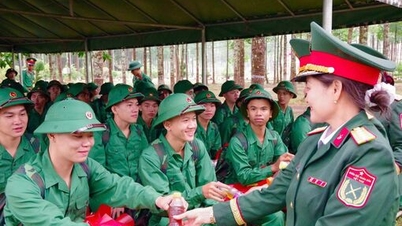









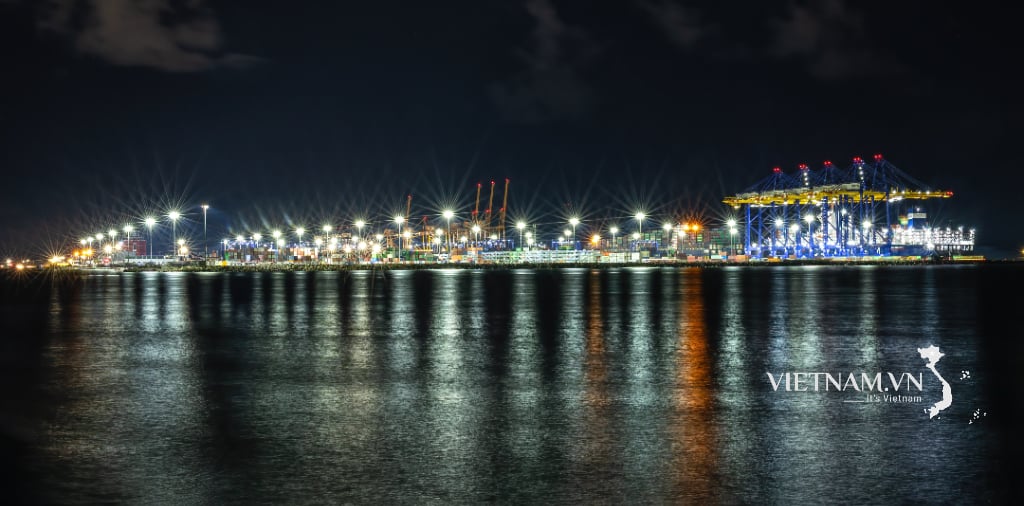



Comment (0)